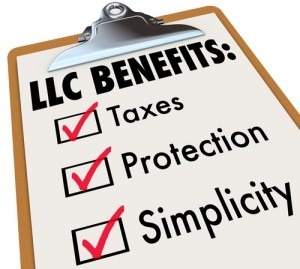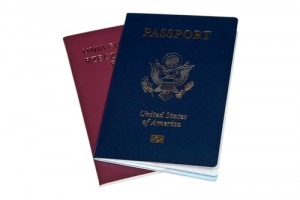
Swiss Banks Seek Transparency and Other U.S. Expatriate Tax News
This news bulleting summarizes important issues that are relevant to U.S. expat tax payers. Some of these obviously effect only certain cases.

This news bulleting summarizes important issues that are relevant to U.S. expat tax payers. Some of these obviously effect only certain cases.

For a self-employed taxpayer or independent contractor, there are very few reasons not to establish a limited liability company.

As we set the 2014 tax filing season in the books and turn towards 2015 tax planning, one area of concern is compliance for those individuals still facing offshore tax issues.

It is estimated that companies are storing wealth offshore, worldwide in an amount of approximately 2.1 trillion dollars and refusing to repatriate that wealth because of the high corporate tax rate imposed upon repatriation.

It should come as no surprise that your obligation to pay U.S. taxes doesn’t end just because you move away from the United States. Here are some important facts for the U.S. dual citizen and expat community to keep in mind with respect to their taxes.

United States taxpayers need to be aware that a number of danger areas around offshore foreign financial accounts can be construed as evidence that could constitute criminal offenses.

Since FATCA (Foreign Account Tax Compliance Act) was approved by the U.S. congress in 2010, the Internal Revenue Service (IRS) has launched a multi-front assault against major international banks and their large account holders in an effort to recoup previously unreported income.

When trying to determine the proper path to offshore compliance, there are a number of things to consider. Currently, the IRS has designated the following options:

Filing your taxes with the IRS has only ever been trivial in the simplest of cases, such as is possible with a 1040EZ. However, for U.S. citizens and green card holders living overseas especially those with undisclosed income and assets, the task has become onerous since FATCA (the Foreign Account Tax Compliance Act) was enacted by the U.S.

Recent pressure by the IRS on both international banks and their U.S. citizen account holders, to bring in previously undeclared tax revenue, has been successful to the tune of well over five billion dollars thus far.